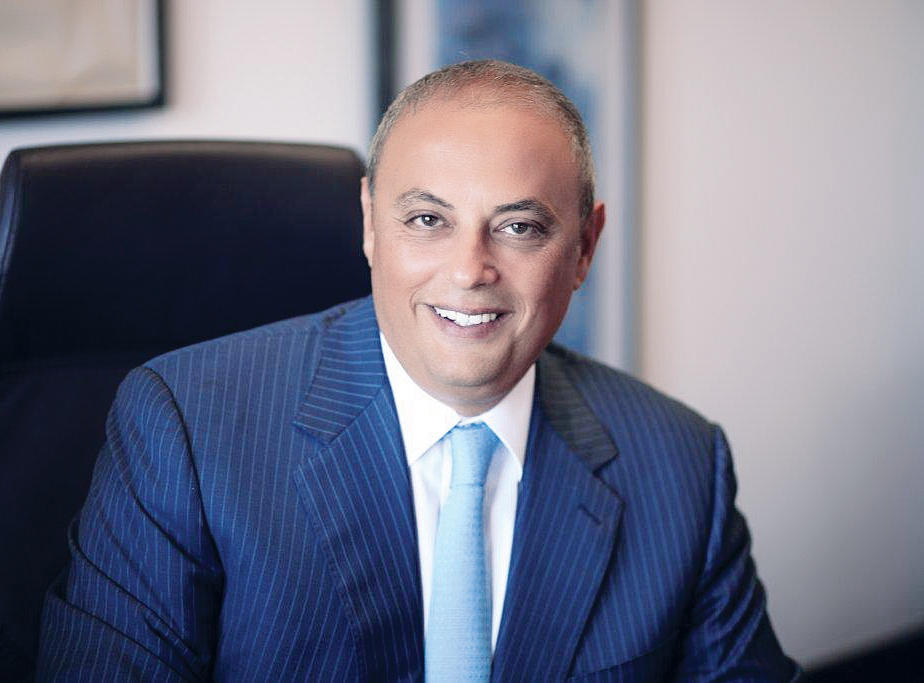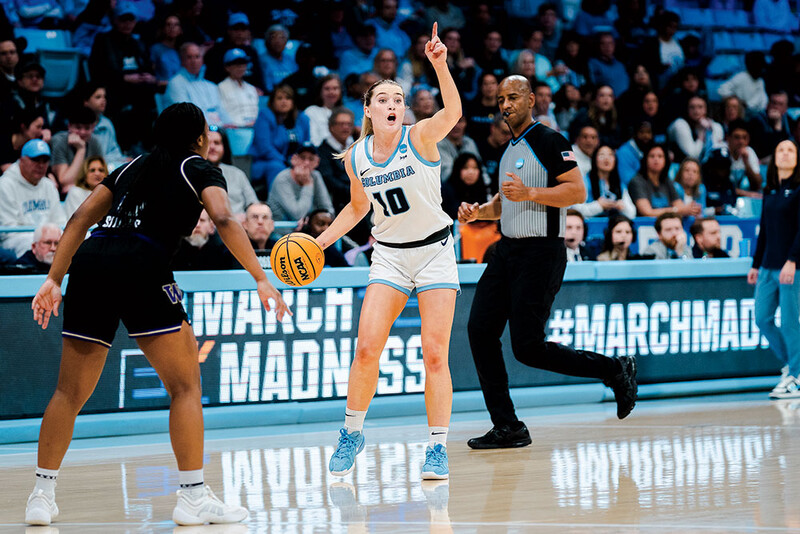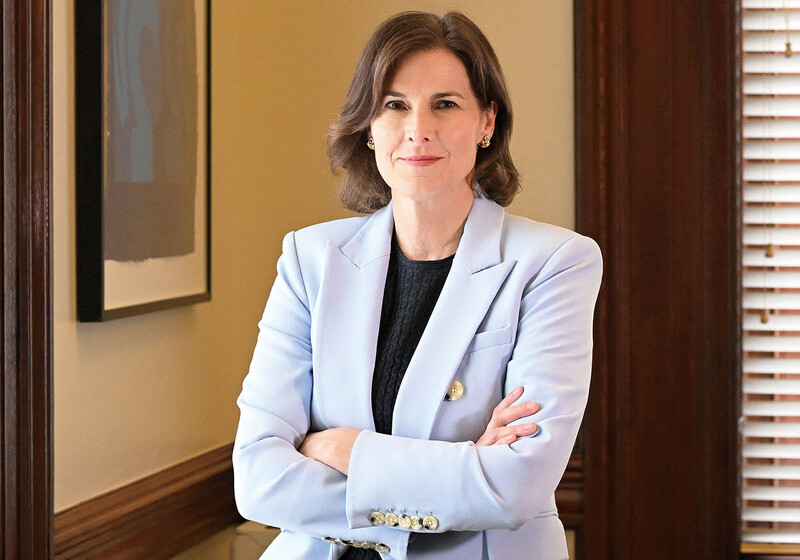Safwan Masri has been appointed vice president for Global Centers, giving him oversight of the University’s growing network of international academic hubs. He succeeds Kenneth Prewitt, the inaugural head of the Global Centers program, who stepped down as vice president this summer to devote more time to his own research.
Masri has been a key figure in the program since its inception in 2009, as the director of the University’s first global center, in Amman, Jordan. Located in a 40,000-square-foot sandstone palace provided by the Jordanian government, that center has in many ways exemplified the University’s unique approach to promoting global scholarship: Masri and his staff, by tapping their professional networks in and around Amman, have routinely put stateside Columbia faculty in touch with potential collaborators throughout the Middle East, fostering new research, teaching, and service projects. Dozens of faculty and students from Columbia’s architecture school, for example, have worked alongside Middle Eastern counterparts they met through the center on urban-planning and historic-preservation projects in the region.
“We’ve had academics here from Israel, the Palestinian territories, Lebanon, Jordan, the United Arab Emirates, Turkey, and the United States all participating in conversations together,” says Masri. “Those were exchanges that wouldn’t have taken place otherwise, between people who might have never met. Everybody benefits.”
Masri will continue to run the Amman center while presiding over the entire network, which now includes centers in Beijing, Paris, Mumbai, Istanbul, Santiago, Nairobi, and Rio de Janeiro.
“Safwan is exceptionally well prepared to assume this role,” says President Lee C. Bollinger, pointing out that Masri has chaired a working group of all the center’s directors. “He has traveled to each of the Columbia Global Centers and provided guidance for raising their respective regional profiles.”
Prewitt will remain a senior adviser to the Global Centers, working closely on a pilot program that permits newly matriculated undergraduates to spend a fifth year pursuing an individualized course of study at one or more of the centers; six students were accepted into the first class this year.
Masri, a native of Jordan, came to the United States in the late 1970s to attend college at Purdue, eventually earning his PhD in industrial engineering and engineering management at Stanford. He is an expert on how companies can increase their efficiency using technology, a subject he taught for many years at Columbia Business School.
Among his goals as vice president, Masri says, is to systematize the Global Centers’ operations in areas as diverse as hiring, fundraising, and working with host governments.
“With any entrepreneurial endeavor, you get things off the ground any way you can,” he says. “The Global Centers are moving past that stage now. We need business models, marketing plans, and strategic approaches for raising money so that the centers will survive and flourish.”



